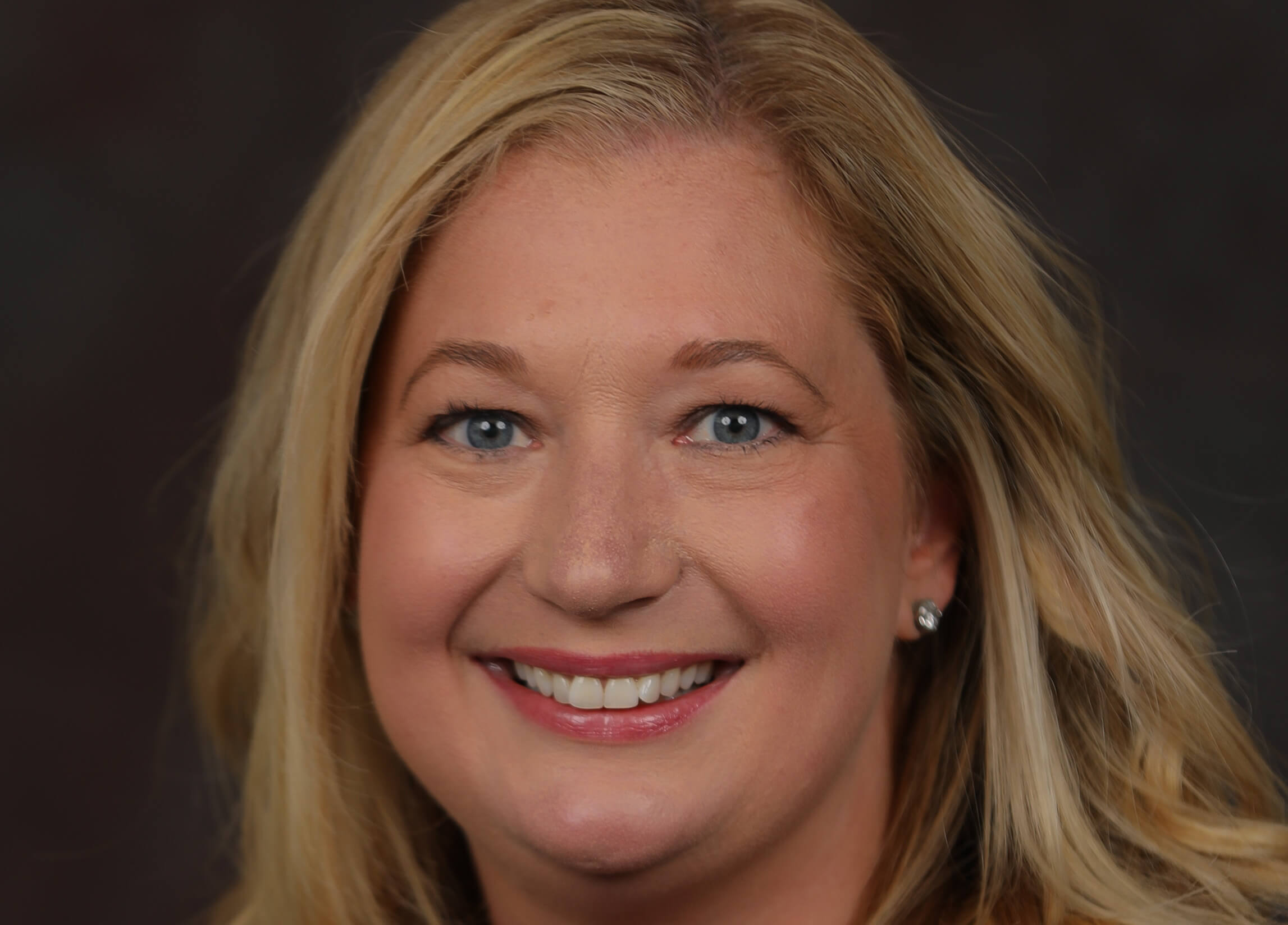[ad_1]
BLOG VIEW: It’s no secret that homeownership is a big part of the American dream, as it’s the biggest contributor to successful individual wealth building.
Research has consistently shown that communities with high homeownership rates achieve substantial social benefits and tend to thrive and be more economically resilient, with children and families more likely to thrive and be economically resilient. to create generational wealth.
The entire mortgage industry, including GSEs, mortgage co-ops, lenders and mortgage technology providers, is placing more emphasis on removing barriers to home ownership for minority and marginalized groups. To facilitate greater inclusion in the mortgage lending process, they are working together to introduce more tools, technological advancements, data access and specific programs tailored to certain populations.
While these additional resources have already proven to be beneficial, there are additional steps the industry can take to help further improve the mortgage lending process for these communities.
Expand the customer base
Simply put, homeownership is more difficult for minority and marginalized communities due to structural barriers to obtaining a traditional mortgage. A traditional credit history is about whether payments are made on time, how much debt a consumer owes, and what might be in collection. This credit history is then used to help determine creditworthiness and credit costs.
However, according to the Consumer Financial Protection Bureau (CFPB), 26 million Americans are referred to as “invisible credit” (meaning they don’t have an established credit history) or live on subprime credit ( scores below 668). Another 19 million are so-called “light file” consumers, who do not have enough data to produce a traditional credit score.
As lenders enforce strict lending policies and apply risk measures or pricing premiums that become insurmountable, it becomes increasingly difficult for households with less than perfect credit to purchase homes and rent. work to accumulate wealth that can take them through difficult financial times.
Alternative data
As credit reports continue to provide an indication of past credit history and financial behavior, other forms of data may be considered in order to get a clearer picture of a person’s full financial health.
Rent payments, surprisingly, are currently not widely reflected in credit reports or traditional credit scores, although they are often one of the largest and most consistent bills millions of consumers pay every day. month. With over 44 million households currently rent in the United States., including rent payment data, could go a long way to helping minorities and first-time buyers.
Rent aggregators – large property management companies and / or national ones – have the potential to have a big impact by reporting positive data on rent payments. It could help consumers establish and build credit histories based on something they’re already doing – paying their rent on time. Fannie Mae and Freddie Mac recently took steps to encourage rent aggregators to report this data.
In September 2021, Fannie Mae launched a new feature in its automated subscription system so that recurring rent payments can be automatically identified in the applicant’s bank statement data. In a similar movement, Freddie mac announced an initiative that prompts landlords who agree to report positive rent payment data. They even negotiated discounted rates with a software vendor that makes data reporting possible.
Showing a positive and consistent rent history is one of the main factors demonstrating a borrower’s ability to pay off a mortgage on time and is one of the most important steps in providing underserved consumers with better access to credit. .
In addition to rent payments, information on utility payments could also help better understand a consumer’s credit behavior. It also includes reporting cell phone bills and payments, which is important because the majority of Americans, 97%, currently owns a cell phone.
As homeownership continues to be one of the main generators of wealth for the majority of the American population, it is crucial to ensure that minority and marginalized communities are able to participate and achieve the dreams of home ownership. With advances in access to alternative data and information and streamlined processes for companies to report this data, the industry may be better positioned to extend this opportunity to even more Americans, which translates into by a stronger and safer economy for all.
Jennifer Henry is Vice President of Strategy and Marketing at Equifax Mortgage and Housing Services, where she is responsible for pricing, product management, product marketing, campaign management, and mergers and acquisitions.
[ad_2]

